How to Really Improve Your Kids English Listening Skills
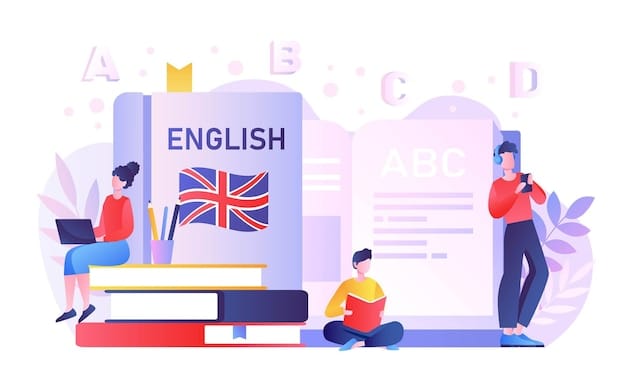
Effective communication is based on strong listening skills. To most children, spoken English may be difficult to understand. They might have problems catching words well, understanding other accents or listening to a natural conversation. This can have an impact not just on their language development but also their confidence in school and social environments. Luckily, it is a skill one can improve with a bit of work and the appropriate technique.
In this blog you will learn about fun and useful techniques to assist your child in improving his or her English language listening skills. You will find ways to listen in a manner that is more active, as opposed to passive. We will discuss specific techniques of building comprehension, fun games that make hearing fun, and how to integrate listening training into daily life. Such methods make learning not a burden but a natural process in the life of your child.
Here’s what we’ll cover:
Learning the Functions — Why we can find listening in English hard so as kids and how to figure out the lapses.
Targeted Strategies — Effective actions toward better listening and paying attention.
Fun Activities -Creative listening practice.
Daily Listening Skills — How to make listening a regular family activity to achieve long-term change in your child.
Introduction to English Listening Skills for Kids
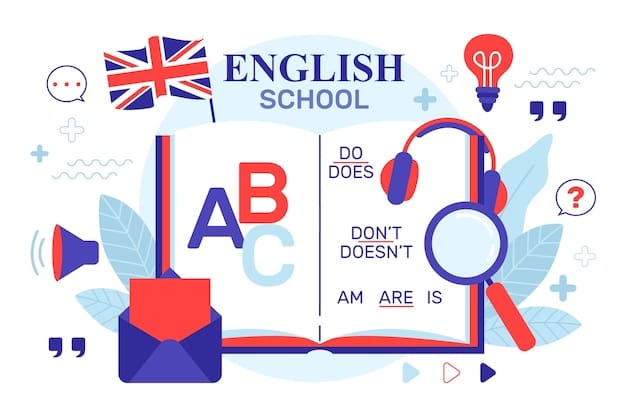
English listening skills extend well beyond listening to words, and include interpretation of meaning, tone and context. In children, these abilities are acquired over time with practice and with exposure to real spoken English. The younger the children develop good listening skills, the more naturally they can engage in dialogue, take orders and learn new patterns of language.
Learning to listen can be done not only through language and it also instills confidence. As children understand English well, they feel more at ease when communicating with peers, teachers and even the media in English. This base does not only help them excel in academics, but also gives them an added advantage in their daily communication and the learning experience in general.
When parents and educators realize the value of listening and integrating intentional strategies, children have a chance to change passive hearing into active listening. It is the transformation that opens the door to improved understanding, fluency in speech and eventual mastery of the language.
Why Kids Struggle with English Listening
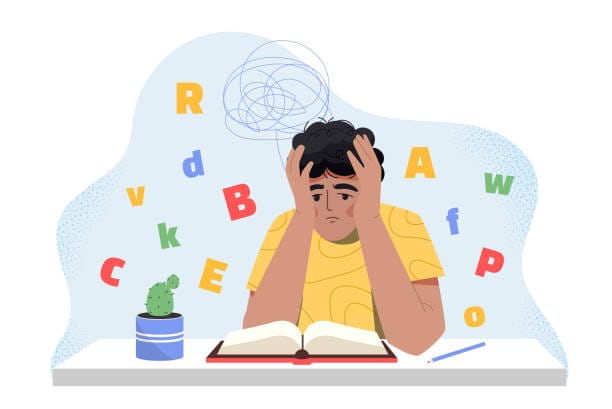
Listening to English is usually difficult to many children due to the speed of speech, new words, and the different accents. These factors can cause them trouble in hearing or clearly comprehending the content of a conversation. Lack of proper guidance would lead to children losing focus, becoming overwhelmed or even getting frustrated with the process of learning.
The other pitfall is the absence of natural English conversations. The language in classroom listening activities tends to be simplified or slow-paced, and is not necessarily comparable to real-life English. The gap may complicate the ability of kids to adjust to real-life listening scenarios beyond the classroom.
It is important to identify these obstacles at the outset. When parents and teachers are aware of the specific difficulties their children have, they are able to develop specific engagement and skill-building listening practice activities that both develop and instill confidence. The solution makes listening not a frustrating endeavor but a fun learning experience.
Practical Strategies to Improve Your Kids English Listening Skills

There is no need to make listening comprehension difficult. Uncomplicated, regular routines can pay off in the long run. Listening to short stories, listening to age-related podcasts, repeating after listening to audio records, and adding songs are not only entertaining activities that allow students to learn, but also enhance concentration and comprehension.
These methods are effective since they involve children instead of rote memorization. Through their diverse and entertaining interactions with English, children learn to identify words, decode meaning, and learn other accents and speech rates.
The key is consistency. Listening: When listening is a habit that a child practices (through bedtime stories, music during playtime, and podcasts during travel) it stops being a skill and turns into a pleasant habit. This steady exposure creates a firm background of enduring listening competence in English.
Role of Conversation in English Listening Improvement

There is no better way to develop listening skills than to talk in English actively. Conversing with peers, parents or teachers in real time provides kids with great exposure to the flow of the language in its natural way. Discussions expose them to unfamiliar speech patterns, tones, and vocabulary that would not have been possible with passive listening.
When the children are engaged in conversations, they are prompted to process meaning in the moment. This participatory action enhances understanding, improves concentration and develops the capacity to react assertively. It also allows them to ask questions, define misunderstandings and to practise listening in different situations.
Conversation, whether as part of your regular routine with your child, or a role-play or a group discussion, can help your child to shift listening away from a passive process to a more active, more confident process of communication.
Tips for Parents to Support Their Kids’ Listening Journey
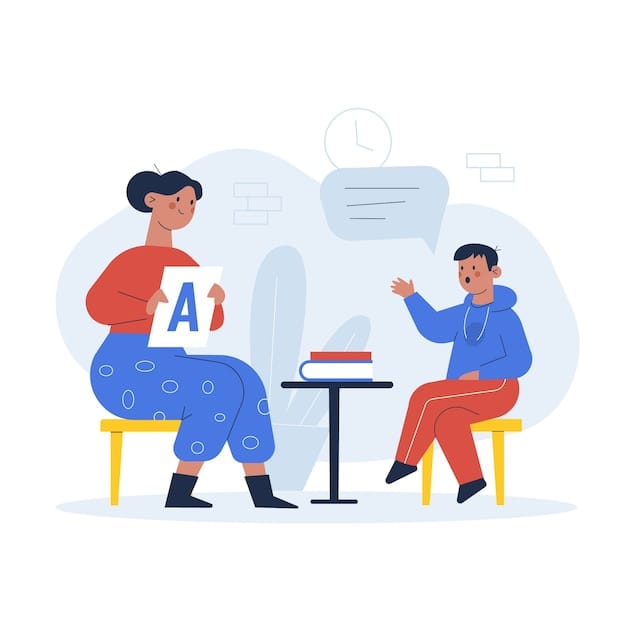
You do not need to be a language guru to significantly improve the listening abilities of your child. Actions, no matter how small, and sprinkled throughout life can have a long-lasting effect. This can be done through simple activities such as listening to songs collectively, having kids recap what they heard, or playing audio-based games where they interact and create powerful learning experiences.
Listening should be for fun and intent. Parents can make listening exercises by transforming basic daily activities into special listening functions and provide a conducive environment where children develop comprehension ability in a natural manner. These little steps accumulate language competence and self-confidence over time.
Parents can teach their children to be curious and integrate listening as a part of their daily life by so doing they are equipping them with a lifelong skill, which will do them well both academically, social and personal.
Common Mistakes to Avoid When Improving Listening Skills

Parents and teachers teaching their children how to better their mastery of English speaking and listening misstep frequently and unintentionally hinder this process. The frequent mistake is to rely on passive listening, which involves allowing children to listen to English on background TV or music without listening to it. Exposure is beneficial, but it is important that the child listens to, responds to, and engages with the teacher to make any actual progress.
The second common error is to overload children with material that is too advanced out of their present level. This may be frustrating and may lose interest. Listening exercises, repetitions, gradual exposure to age related materials and positive encouragement to participate are all strategies that have been proven to be effective in establishing strong listening skills.
Eschewing these errors helps improve the learning atmosphere. Through balanced, interesting and appropriate level listening practice, parents can enable their children to become more successful English listeners, more confident and communicators with time.
How CodeYoung Helps Your Kids Excel in English Listening

At CodeYoung, children develop their ability to listen to English in a way that is interactive, involves live discussions and well-structured lessons which make such interactions both entertaining and efficient. This program is more about active listening, so rather than kids simply hearing English, they really listen to it and reply to it in real time.
The method delivered by CodeYoung is a blend of highly structured learning and the pleasure of playing; the age-related materials are designed to develop understanding, words, and self-esteem. This approach enables children to build listening skills that naturally extend to conversations, school and real life.
When made interactive and fun, CodeYoung helps kids master the art of listening in English, giving them the essential foundation of lifelong language learning and communication.
Conclusion — Improving English Listening Skills 1300% While Honoring Native Language
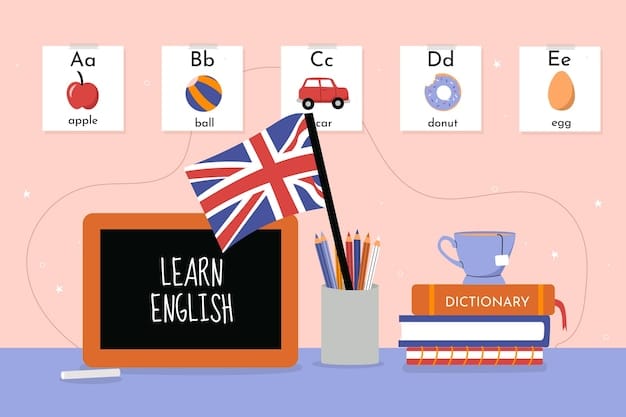
To become a better English listener, one needs time, practice and a good learning atmosphere. The key is to employ the right strategies: interactive exercises, gradual exposure, interesting dialogue; by using these strategies, children would gradually improve their listening comprehension.
With regular encouragement and professional help of parents and educators, not only do kids learn to understand spoken English better, but also get confident about their communication skills. Such skills eventually become part of their learning process and make them successful both academically and socially.
The listening practice needs to become a common and pleasant activity of our daily lives so that we could equip the children with strong English listening skills that they can carry throughout their lives.
FAQs — Helping Kids Understand English Better for Everyday Conversation
What are the best types of audio content to use for kids’ English listening practice?

Children find short stories, songs, podcasts and kid-friendly audiobooks as the most effective listening practice. The formats are entertaining, simple to listen to, and customized to the various age groups, so kids can easily comprehend and enjoy listening activities. They show children natural words, phrases and tones in a manner that is entertaining, but not didactic.
Children can also learn to be adaptable by using a variety of audio content. Having listened to various voices, accents, and ways of speaking they finally learn to understand English in different situations. This diversity challenges listening practice and keeps children engaged, as well as builds vocabulary and comprehension skills in the long term.
How long should my child spend on listening practice each day to see improvement?

As little as a half an hour of daily listening can do a lot in terms of listening abilities in a child. The brief and regular practice time allows children to remember information better than the unevenly spaced long practice time because it keeps their brains busy and prevents fatigue and boredom.
It is a matter of consistency than of length. Listening every day builds a habit and therefore listening to English becomes a routine activity of a child. With time, such regular exposure enhances understanding, better vocabulary, and increased confidence when communicating in English.
Can watching cartoons or movies help improve English listening skills effectively?

Yes, cartoons and movies may be really effective means of developing English listening skills, but only when they are used actively. Passive watching can expose a child to English, yet active listening can make a child concentrate on conversations, accent and pronunciations and is a more effective way of learning.
Parents can also improve this process by posing questions about what they have watched, talking about the characters, or asking children to repeat phrases. This makes passive viewing interactive and will enable the children to hear, but to process and make sense of the English in context.
How can parents participate in their child’s English listening practice without being language experts?

Parents do not have to be language specialists to help their child with listening practice. To make the process interactive and interesting, one can simply ask children to describe what they have heard, repeat new words together or listen to audio material simultaneously. These simple measures demonstrate to children that listening is not an individual endeavor.
Motivation is also developed with supportive involvement. Parents practicing listening provide an excellent learning environment. This helps children to appreciate English listening as an activity of daily life instead of a burden, and develop the good skills in the process.
Are there specific activities or games that make English listening practice fun and effective for kids?

Yes, it is fun and effective to listen to interactive games. Games such as “Simon Says" make children pay full attention and react fast, becoming more attentive and understandable. The playful nature of audio scavenger hunts and role-play conversations engages children in active listening as they learn while building vocabulary and sentence structure.
These games are effective as they make listening interactive. Children are learners and learn through doing which builds retention. Practice as a game over a task leads to improved listening skills as kids love the process and thus language learning is effective and long lasting.

